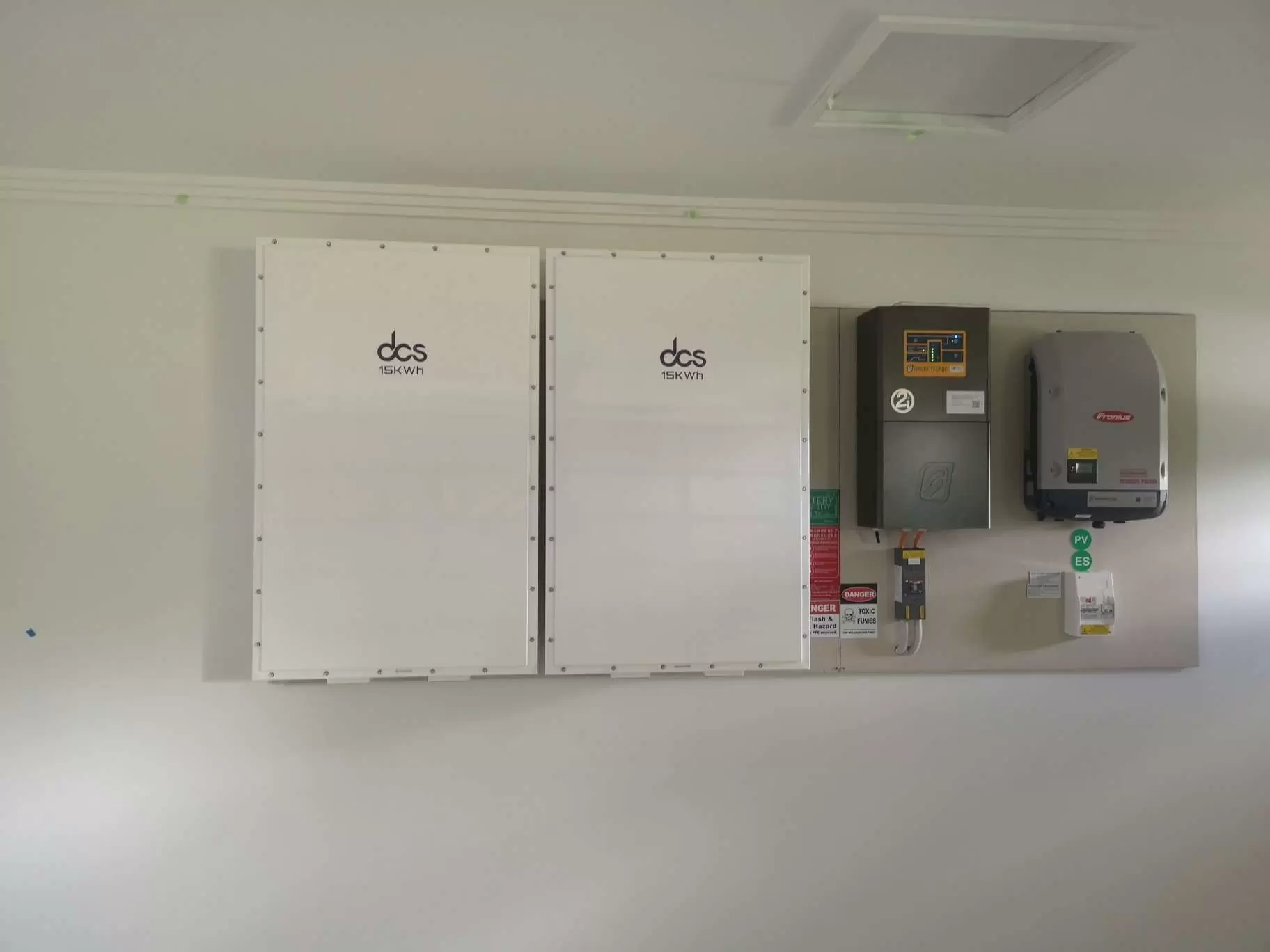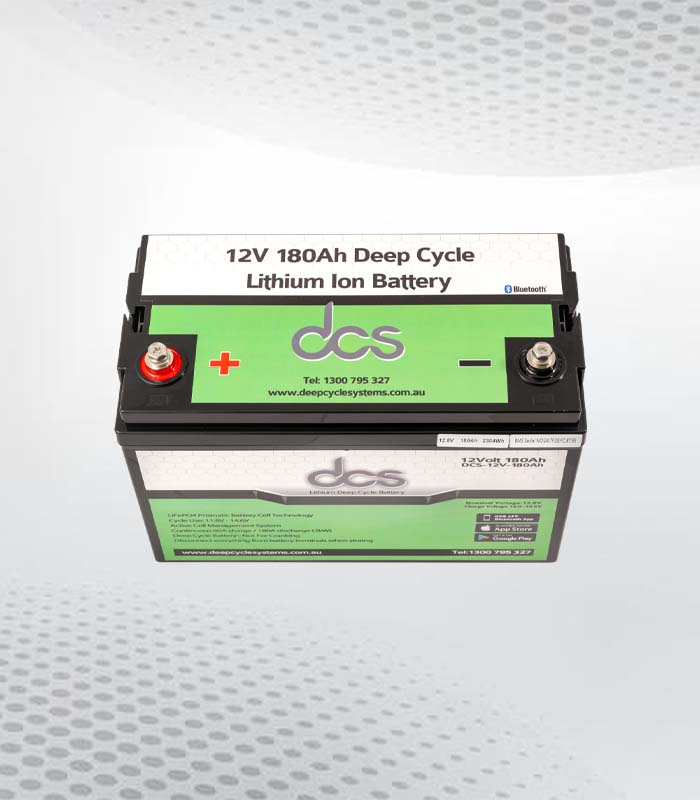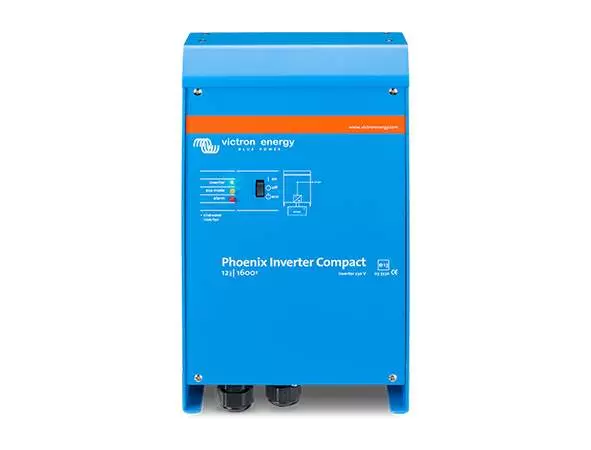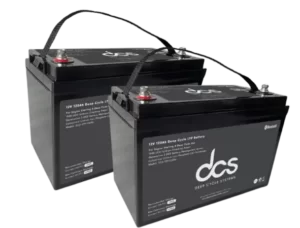Imagine a world where you are no longer reliant on the traditional power grid. The sun rises, and with it, your home is filled with energy—clean, sustainable, and free from fluctuating electricity costs. As we dive deeper into this fascinating subject, you’ll learn how these systems work, their benefits, and what to look for when choosing the Off Grid Battery System to meet your unique needs. Whether aiming for environmental sustainability or simply want peace of mind during outages, understanding off-grid batteries is essential in today’s energy landscape. Let’s explore the lights illuminating our lives—without being tethered to conventional power sources!
What Are Off-Grid Battery Systems and How Do They Work?
Off-grid battery systems are energy storage solutions that function independently of the traditional electric grid. They capture and store electricity generated from renewable sources, primarily solar panels. The stored energy can be used when sunlight is scarce or during power outages.
These systems have several key components, including batteries, charge controllers, and inverters. Batteries hold the electrical energy for later use, while charge controllers manage the flow of electricity between the solar panels and batteries to prevent overcharging or damage. Inverters convert direct current (DC) from the batteries into alternating current (AC), which powers standard household appliances.
The operation begins with solar panels converting sunlight into DC electricity during daylight hours. This energy flows to the battery system for storage or directly supplies your home’s needs if there’s immediate demand.
When cloudy or dark outside, the stored power is drawn from the batteries, ensuring a reliable supply without relying on external grids.
The Benefits of Reliable Off-Grid Battery Systems for Solar Energy Storage
Reliable off-grid battery systems offer numerous advantages for solar energy storage. First and foremost, they ensure energy independence. Users can harness and store solar power with a dependable battery system, reducing reliance on grid electricity and eliminating utility bills.
Another significant benefit is resilience during outages. Off-grid batteries provide backup power when the grid goes down, allowing households to maintain essential functions without disruption. This peace of mind is especially crucial in areas prone to extreme weather events or infrastructure issues.
Additionally, these systems promote sustainability by enabling efficient use of renewable resources. By storing excess energy generated during sunny days, users can utilize it later when sunlight isn’t available—maximizing their green footprint while minimizing waste.
Cost savings are also noteworthy over time. Although the initial investment may seem high, reliable off-grid battery systems decrease long-term expenses associated with fossil fuels and fluctuating energy costs from traditional sources.
Key Features to Look for in an Off-Grid Battery System
Several key features should catch your attention when selecting an off-grid battery system. First, consider the capacity and depth of discharge (DoD). A higher capacity ensures enough energy stored for extended periods without sunlight, while a greater DoD allows you to utilize more energy effectively.
Durability is another essential aspect. Look for batteries designed to withstand harsh environmental conditions and frequent cycling. Lithium-ion batteries often excel in this regard due to their robust construction and longer lifespan compared to traditional lead-acid options.
Efficiency also plays a significant role in performance. Higher round-trip efficiency means less energy wasted during charging and discharging cycles, maximizing the utility of every sun-soaked hour.
Check compatibility with other components, such as solar panels and inverters. Seamless integration simplifies installation and enhances overall system reliability, ensuring smooth operation when needed.
How Off-Grid Battery Systems Ensure Consistent Backup Power?
Off-grid battery systems are crucial in maintaining consistent backup power, especially during outages or unexpected emergencies. These systems store energy generated from renewable sources like solar panels, ensuring that there’s always a reserve available when the grid fails.
When the sun sets or during cloudy days, off-grid batteries discharge stored energy to keep essential appliances running. This capability provides peace of mind for users who rely on electricity for heating, cooling, and other necessities. Without these systems, interruptions can lead to significant inconveniences.
Moreover, most modern off-grid batteries feature advanced technology that optimizes performance and lifespan. They automatically manage charging and discharging cycles based on your energy consumption patterns. Such innovative management ensures that you always have enough power without overtaxing the system.
Additionally, these batteries can be scaled up according to individual needs. Whether for a small cabin or an entire home setup, customization ensures reliability tailored perfectly to your specific requirements.
Why off Grid Batteries for Solar Are Essential for Remote Areas?
Remote areas often lack access to reliable electricity from the grid. This makes off-grid battery systems crucial for ensuring a consistent power supply. Without these batteries, residents in isolated locations face challenges like limited lighting and restricted communication.
Off Grid Batteries for Solar energy generated by solar panels, making it possible to harness the sun’s power even when it’s not shining. This stored energy can be used during nighttime or on cloudy days, providing a stable source of electricity year-round.
Moreover, many remote communities rely on off-grid battery systems for essential needs such as refrigeration and heating. These functions are vital in maintaining quality of life and supporting local businesses that depend on consistent power availability.
Investing in reliable off-grid batteries is more important than ever with the increasing adoption of renewable energy sources. They empower those living in remote areas to achieve greater independence while reducing reliance on fossil fuels and non-renewable resources.
Choosing the Right Battery Technology for Off-Grid and Backup Power Needs
When it comes to off-grid battery systems, choosing the right battery technology is crucial. Different types of batteries offer varying benefits tailored to specific needs. Lithium-ion batteries are famous for their high energy density and lightweight nature, making them ideal for compact setups.
While heavier and bulkier, lead-acid batteries are often more affordable upfront. They have a proven track record in various applications but may require more maintenance over time. When considering this option, it’s essential to weigh the cost against long-term performance.
Another emerging choice is lithium iron phosphate (LiFePO4) batteries. Known for their safety and thermal stability, they can last longer than traditional lithium-ion options under certain conditions. These might be worth exploring if your focus is on longevity and reliability.
Assess your power consumption patterns and budget constraints before deciding which technology best fits your off-grid or backup power requirements. Each type has its unique advantages that cater to different situations.
Applications for Off-Grid Battery Systems in Solar Power Solutions
Revolutionizing Energy Access with Off-Grid Battery Systems
Off-grid battery systems are transforming how we harness solar energy by providing reliable power solutions for remote locations. These systems ensure that even the most isolated areas, such as cabins, tiny homes, and rural communities without traditional grid connections, have access to electricity.
Supporting Agricultural Productivity
In agriculture, off-grid battery systems play a vital role in powering irrigation systems and equipment. By storing solar energy, farmers can maintain operations during off-peak sunlight hours or unexpected outages. This consistent energy availability enhances productivity and reduces operational costs.
Powering Recreational Vehicles and Boats
For adventurers in recreational vehicles (RVs) and boats, off-grid battery systems offer a perfect solution for modern convenience. Solar panels charge these batteries during the day, providing power for lighting, appliances, and devices at night—ensuring comfort while exploring nature.
Enhancing Emergency Preparedness
In the face of climate change and natural disasters, emergency preparedness has become crucial. Off-grid battery systems provide reliable backup power during utility outages, keeping essential equipment running and ensuring safety during critical times.
Long-Lasting Performance for Emergency Power
When the lights go out, having a reliable power source is crucial. Off-grid battery systems excel in providing long-lasting performance during emergencies. They act as a buffer, storing energy generated from solar panels or other sources for when it’s needed most.
These batteries are designed to endure deep discharges and cycles without compromising lifespan. This durability ensures that they’ll be ready to deliver power when you need it urgently. Many models offer extended warranties, reflecting manufacturers’ confidence in their longevity.
In addition to robustness, off-grid batteries often feature advanced technology that optimizes charging and discharging processes. Intelligent management systems track energy use and health metrics, allowing users to maximize efficiency seamlessly.
Investing in quality off-grid battery systems means peace of mind during unexpected outages. With the proper setup, you can keep essential devices running smoothly while enjoying the comfort of knowing help is always available at your fingertips.
Environmental and Cost Benefits of Best Batteries for Off Grid Solar Power
Choosing the Best Batteries for off Grid Solar Power offers significant environmental advantages. Solar energy is a clean, renewable resource. When paired with efficient battery systems, it reduces reliance on fossil fuels and lowers carbon footprints, contributing to cleaner air and a healthier planet.
Cost benefits are equally compelling. Off-grid battery systems allow users to store excess energy generated during sunny days for use at night or during cloudy periods. This not only maximizes solar efficiency but also minimizes electricity bills over time.
Investing in high-quality batteries means fewer replacements due to durability and performance longevity. Although the initial cost may be higher, savings accumulate as maintenance costs decrease and lifespan extends.
Moreover, many off-grid solutions qualify for tax credits or incentives to promote green technologies. These financial perks make switching to reliable battery systems more accessible while supporting sustainable practices that protect our environment.
Maintenance Tips for Prolonging the Life of Your Off-Grid Battery System
Proper maintenance is essential for maximizing the lifespan of your off-grid battery system. Regularly check the battery terminals and connections to ensure they are clean and corrosion-free. A dirty connection can lead to a drop in performance, so take time to wipe down these areas with baking soda and water.
Monitor your battery’s state of charge frequently. Keeping it within optimal levels will prevent damage from overcharging or deep discharging. Aim for a balanced cycle by ensuring that you recharge before reaching critically low levels.
Temperature plays a crucial role in battery health as well. If possible, keep batteries in a climate-controlled environment away from excessive heat or cold, which can shorten their lifespan.
Perform regular visual inspections of the batteries for any wear or swelling. Early detection of issues allows for timely interventions, helping maintain efficiency and safety throughout their use.
Conclusion
Investing in a reliable Off Grid Battery System opens up numerous possibilities for energy independence. With the proper setup, you can harness solar power effectively and ensure consistent electricity supply even during outages. This reliability is essential, especially for those living in remote locations. These systems’ flexibility allows users to adapt their energy solutions to fit personal needs. Whether powering a home or supporting outdoor adventures, off-grid batteries offer convenience. As awareness grows about renewable energy options, more people recognize the value of off-grid battery systems. They represent a shift toward self-sufficiency while embracing cleaner alternatives for future generations.
FAQs
What is an Off Grid Battery System?
Off Grid Battery System stores energy generated from renewable sources like solar panels, allowing users to harness power without being connected to a utility grid. These systems capture solar energy and convert it into electricity for immediate use or storage.
How long do off-grid batteries last?
The lifespan of an off-grid battery varies based on its type and usage conditions. Lithium-ion batteries typically last 10-15 years, while lead-acid batteries may only last around 5-7 years with proper maintenance.
Are off-grid battery systems worth the investment?
Yes, they can be a wise investment for those seeking energy independence, especially in remote areas with limited access to traditional power sources. Over time, savings on utility bills can offset initial costs.
Can I use my existing solar panels with new off-grid batteries?
Most likely! Off-grid batteries can often integrate seamlessly with existing solar panel setups. However, consulting a professional is advisable to ensure compatibility and efficiency in your overall system.
| Related Business Listings |
| Contact Directory |
| Local Business Profiles |




